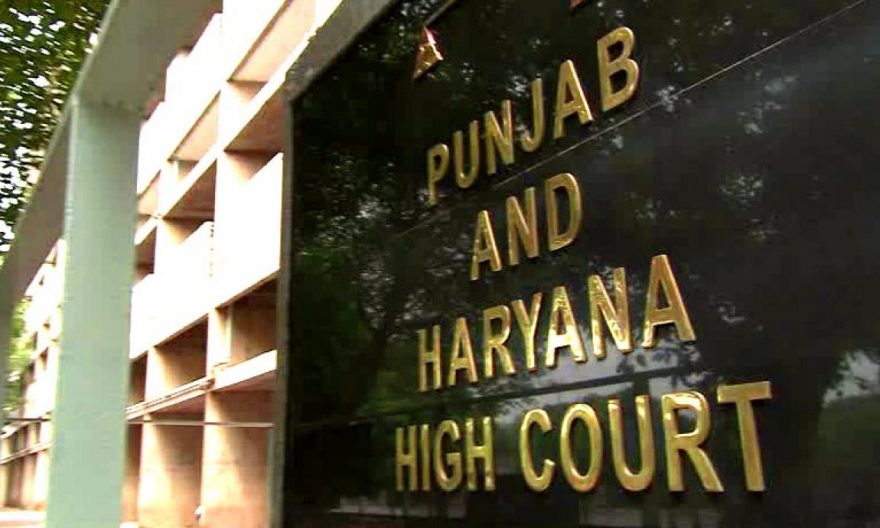
The Punjab And Haryana High Court in the case Rakesh Jain v. Central Bureau of Investigation observed and has recently refused to grant permission for cross-examination of an Investigating Officer who had collected documents against the Petitioner-accused in a corruption case, citing Section 139 of the Indian Evidence Act, 1872
In the present case, it was observed that a person summoned to produce a document does not become a witness by the mere fact that he produces it, and until he is called as a witness, he cannot be cross-examined by the court.
Accordingly, it was held by the High Court that as per Section 139 of the Indian Evidence Act, the witness (IO) cannot be allowed to be cross-examined regarding contents of exhibited documents during trial as the exhibited documents will be seen by the trial Court at the time of final adjudication.
The bench comprising of Justice Arvind Singh Sangwan further added and observed the Supreme Court judgement in the case criminal trials v. The State of Andhra Pradesh and others to issue certain guidelines regarding inadequacies and deficiencies, wherein it was held that provided guidelines for criminal trials is directive in nature. To the wisdom of the Presiding Officers, the discretion is left to allow the deposition in question-and-answer format whenever necessary.
Under the Prevention of Corruption Act, the petitioner herein was booked and the petitioner had moved the High Court challenging an order of the trial court dismissing his application seeking permission to cross-examine the IO.
The petition was opposed by the CBI Counsel, It was submitted that the petitioner-accused wants to put questions with regard to contents of these documents and which cannot be permitted as the same is to be seen by the trial court and appreciated by the trial Court at the time of final arguments, as the IO is not the person who prepared those documents and he is a witness only of recovery of documents and cannot be attributed any personal knowledge.
The court refused the witness’s cross examination by way of question answer format, while finding the merit in these submissions.
However, the witness has only collected the documents and this witness has not prepared the documents and the witness cannot be attributed any personal knowledge, for which his cross-examination by forming a way question and answer format is allowed.
The Court noted that Section 139 of The Indian Evidence Act does not allow the witness to be cross-examined regarding contents of exhibited documents during trial because the same is seen by the trial court, at the time of final adjudication by the trial court.
The Court finds no ground in interference with Trial Court’s order and the court concluded that the trial Court has passed a well-reasoned order.
Accordingly, the court dismissed the instant petition.
The post IO WHO MERELY COLLECTED DOCUMENTS CAN’T BE CROSS-EXAMINED WITH REGARD TO ITS CONTENTS UNDER SECTION 139 OF EVIDENCE ACT: PUNJAB AND HARYANA HIGH COURT appeared first on The Daily Guardian.




